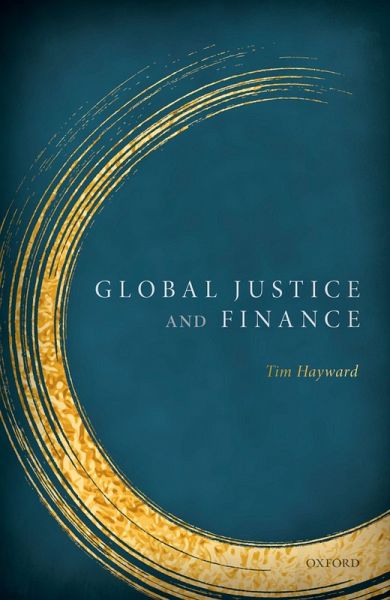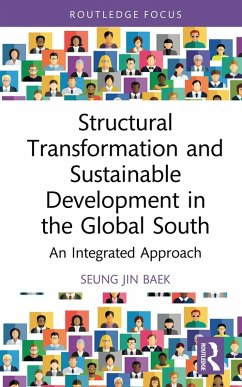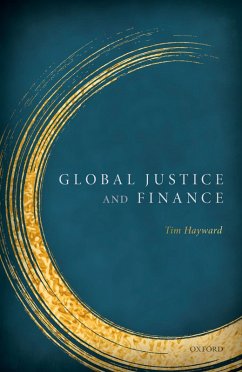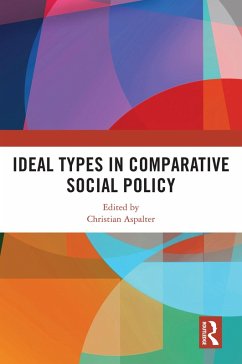
Global Justice & Finance (eBook, ePUB)
Versandkostenfrei!
Sofort per Download lieferbar
15,95 €
inkl. MwSt.
Weitere Ausgaben:

PAYBACK Punkte
8 °P sammeln!
Can global justice be promoted by distributing money more equitably? Could even relatively small financial sacrifices by the affluent work, through benign leverage, to achieve that goal? Global Justice and Finance casts new light on such questions by considering what is presupposed about finance. Redistributive proposals assume money to be a reliable measure, store of value, and medium of exchange. Yet maintaining stable interest, inflation, and exchange rates in a dynamic capitalist economy is a considerable achievement involving a complex financial system. Such global coordination could, if ...
Can global justice be promoted by distributing money more equitably? Could even relatively small financial sacrifices by the affluent work, through benign leverage, to achieve that goal? Global Justice and Finance casts new light on such questions by considering what is presupposed about finance. Redistributive proposals assume money to be a reliable measure, store of value, and medium of exchange. Yet maintaining stable interest, inflation, and exchange rates in a dynamic capitalist economy is a considerable achievement involving a complex financial system. Such global coordination could, if so directed, contribute immensely to humanity's betterment, yet under the direction of a profit seeking elite it leaves a majority disempowered, impoverished, and indebted. To pay debts, ever more desperate measures to wrest value from the world's natural resources increase ecological pressures to harmful extremes, and those pressures do not stop short of driving wars. The profit seeking economy is held in place by the complex legal arrangements that constitute finance. Globally, there has developed, unannounced and unaccountably, what amounts to a privatised constitution - binding agreements that transcend sovereign jurisdictions. Hopes of redirecting the financial assets created within this system, by means of modest reforms, towards objectives of social justice and ecological sustainability may prove illusory. To achieve such objectives arguably requires the constitution of a global normative order guided by public and political decision-making. The achievement of a publicly accountable constitutional order that is superordinate to the financial system might be regarded as a revolutionary transformation.
Dieser Download kann aus rechtlichen Gründen nur mit Rechnungsadresse in A, B, BG, CY, CZ, D, DK, EW, E, FIN, F, GR, HR, H, IRL, I, LT, L, LR, M, NL, PL, P, R, S, SLO, SK ausgeliefert werden.













